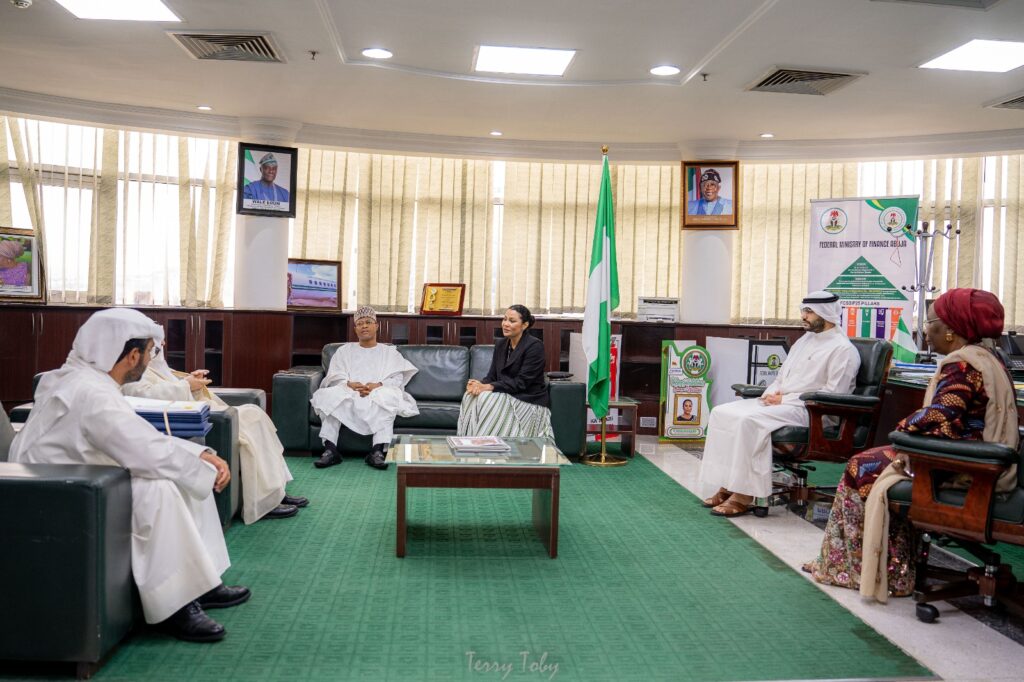The Federal Government and the Kuwait Fund for Arab Economic Development have signed a $25.35 million concessionary loan agreement to support the Out-of-School Children Programme in Kaduna State.
A statement from the Ministry of Finance said the agreement, signed on Tuesday, is part of a $62.8 million blended financing package involving multiple international partners. The goal is to expand access to inclusive, quality education and improve learning outcomes for vulnerable children in Nigeria.
Speaking at the event in Abuja, Minister of Finance and Coordinating Minister of the Economy, Wale Edun—represented by Minister of State for Finance, Dr. Doris Uzoka-Anite—said the programme reflects Nigeria’s commitment to transparency, accountability and measurable results in social investments. He added that Kaduna’s leadership and the support of development partners make the initiative a potential model for other states.
Director-General of the Kuwait Fund, Dr. Wahid Al-Bahar, described the project as an investment in the future. He said over 100,000 children will be enrolled, more than 200 schools will be built or upgraded, and thousands of teachers will be empowered.
Kaduna State Governor, Senator Uba Sani, confirmed the state had fulfilled its counterpart funding. He said the 2025 education budget was raised to 26 percent, and under the programme, 102 new climate-resilient schools would be constructed while 170 existing schools and centres would be rehabilitated. The governor stressed a focus on girls, children with disabilities and displaced persons.
Other financing partners include the Islamic Development Bank ($10.5 million), Global Partnership for Education ($15.45 million grant), Education Above All Foundation ($10 million grant), Save the Children International ($0.5 million technical assistance grant), and Kaduna State Government ($1 million).
The Ministry of Finance will lead fiduciary oversight and work closely with Kaduna State and partners to track progress and impact.
The initiative aims to tackle Nigeria’s out-of-school crisis by improving access, infrastructure, and teaching in underserved communities.















